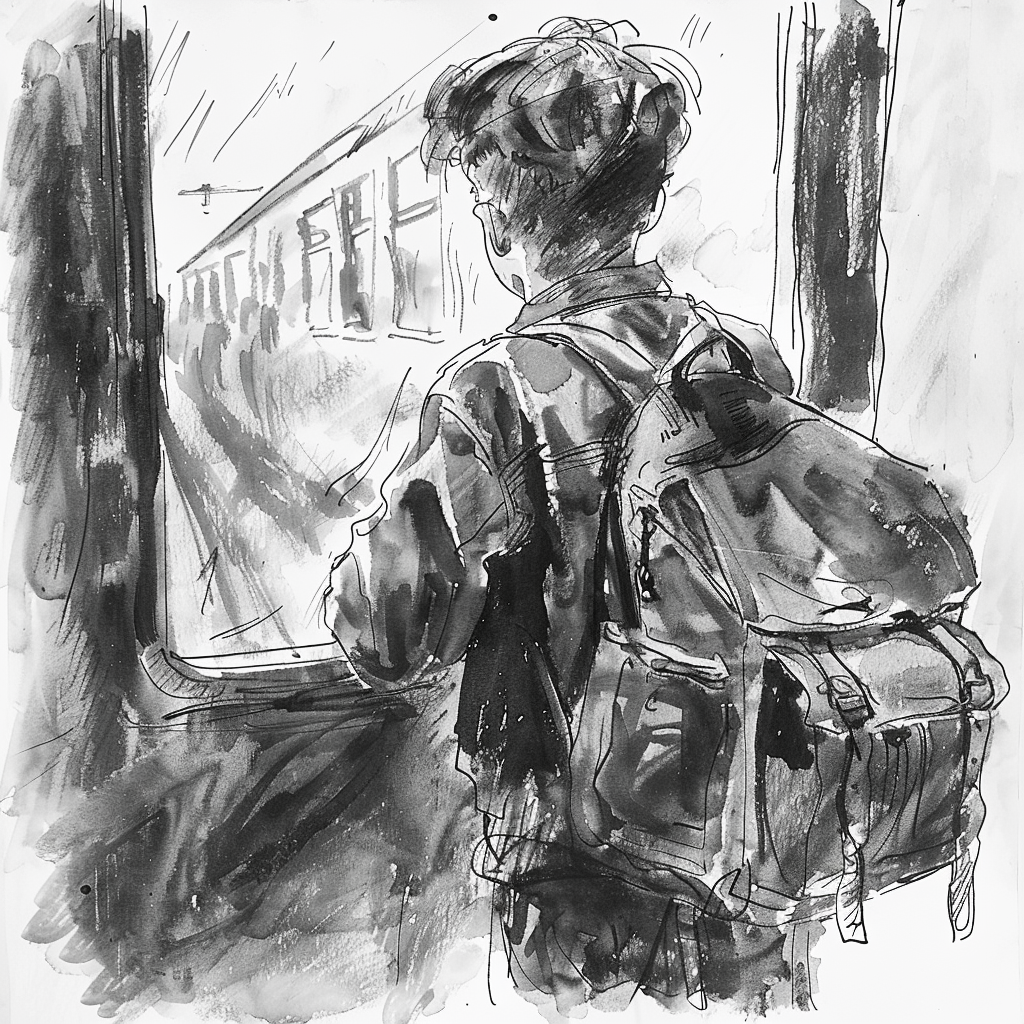My school dismissal was coming up. The locals were not particularly religious, but weddings and school dismissals without church were unthinkable. So I was to be confirmed like all the other school leavers.
This post has been moved. Please follow us on Medium to read and/or listen (!) to it in full.
This is a supporter-funded publication. To receive new contributions and promote my work, become a subscriber:
